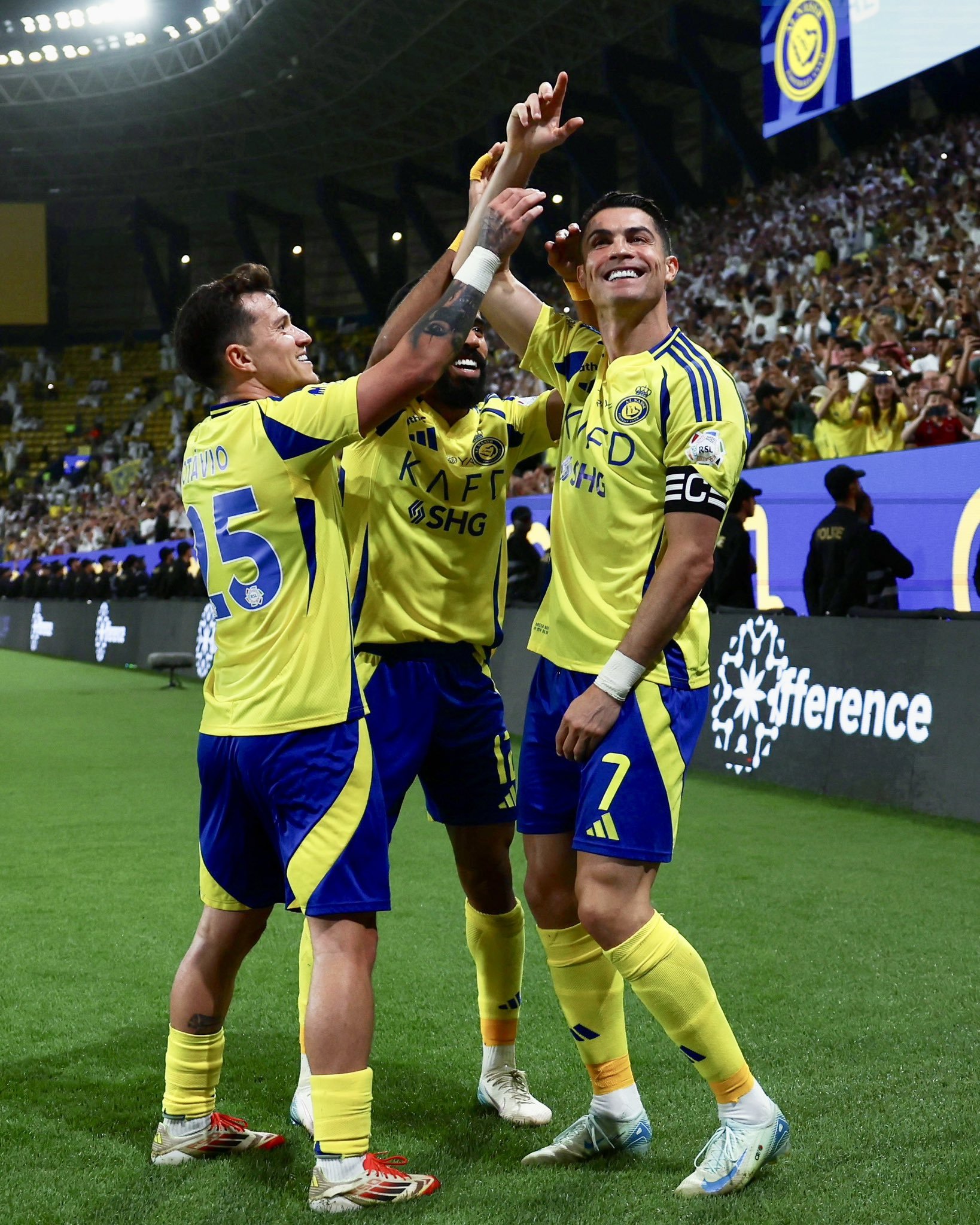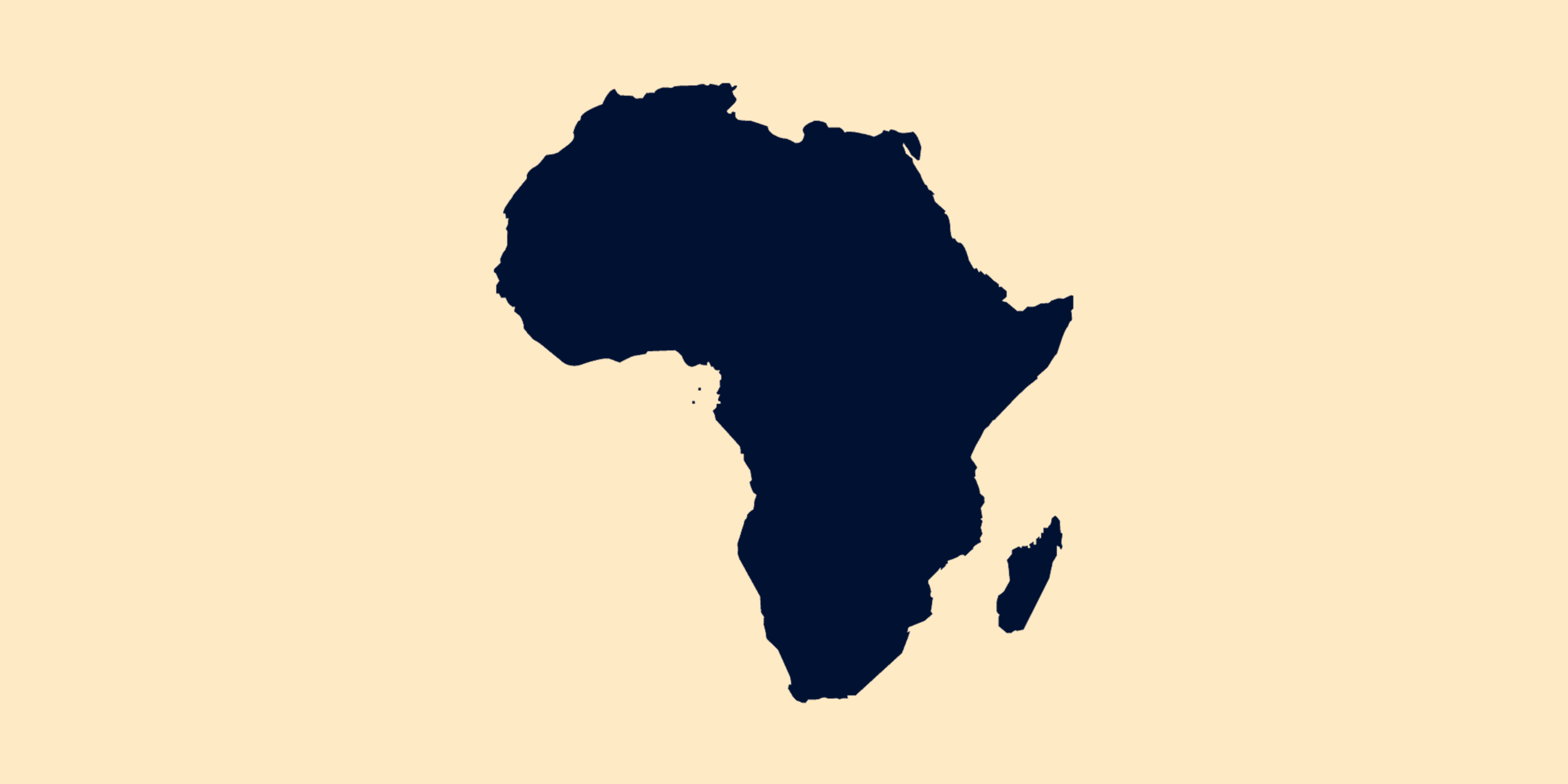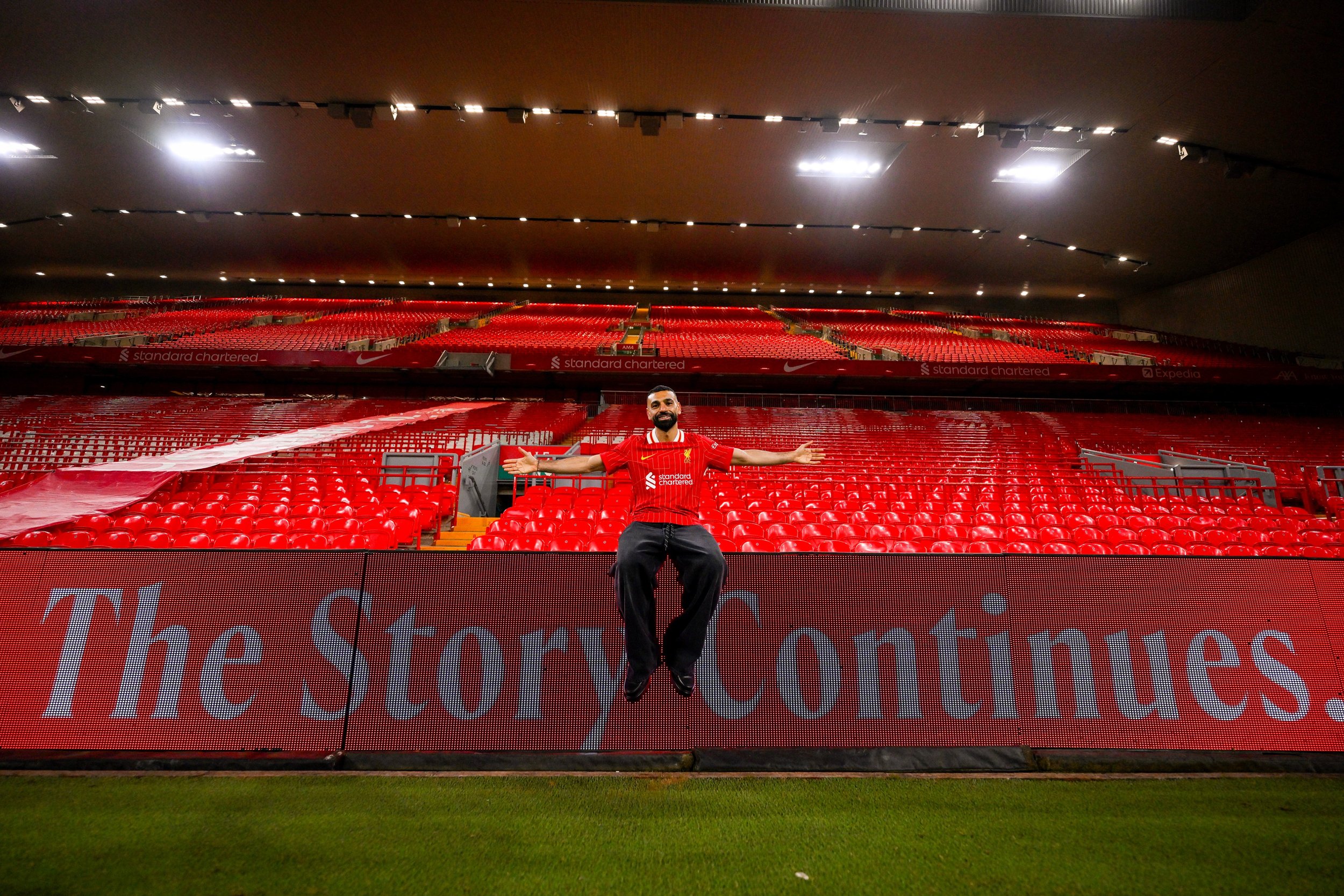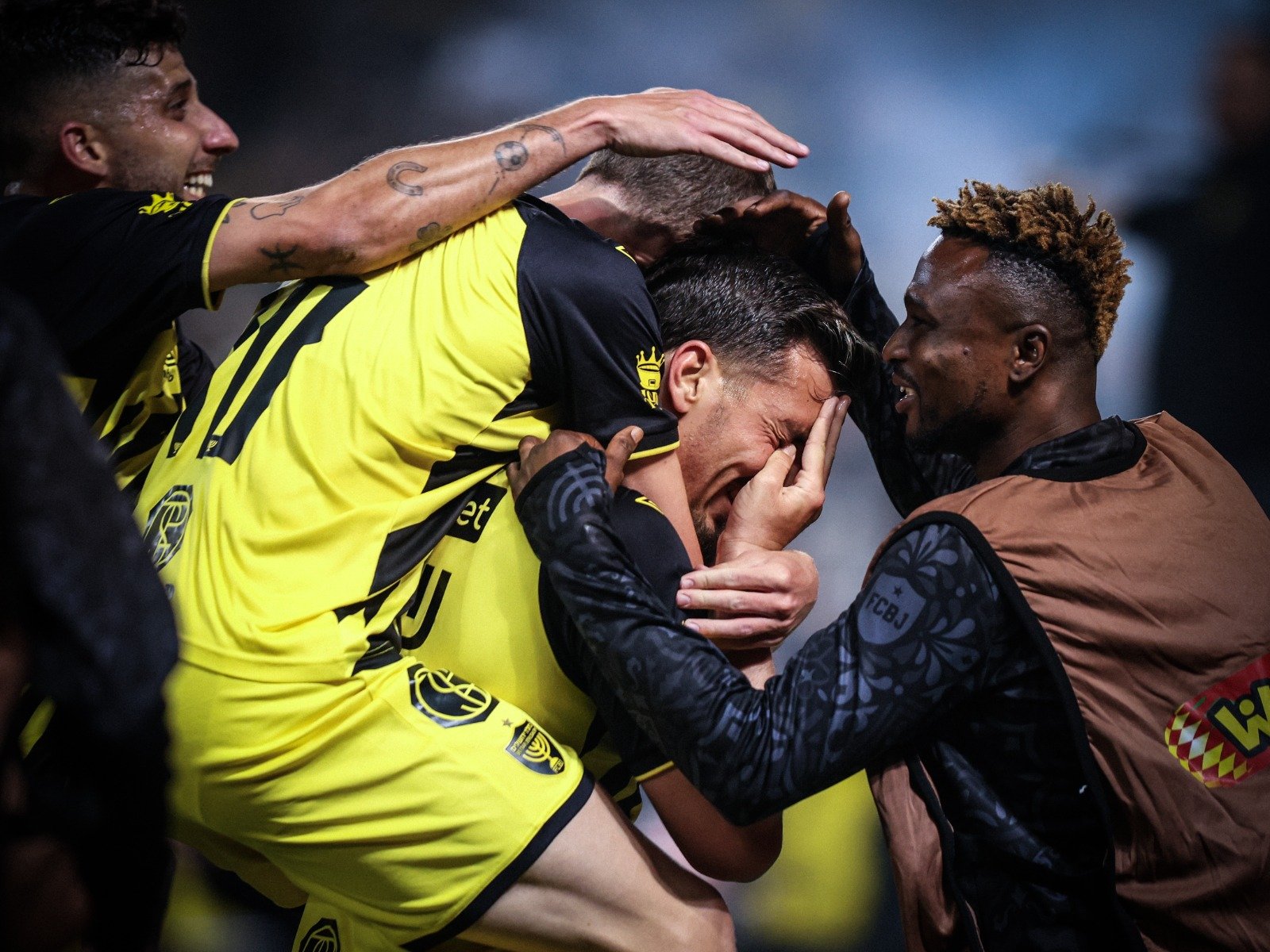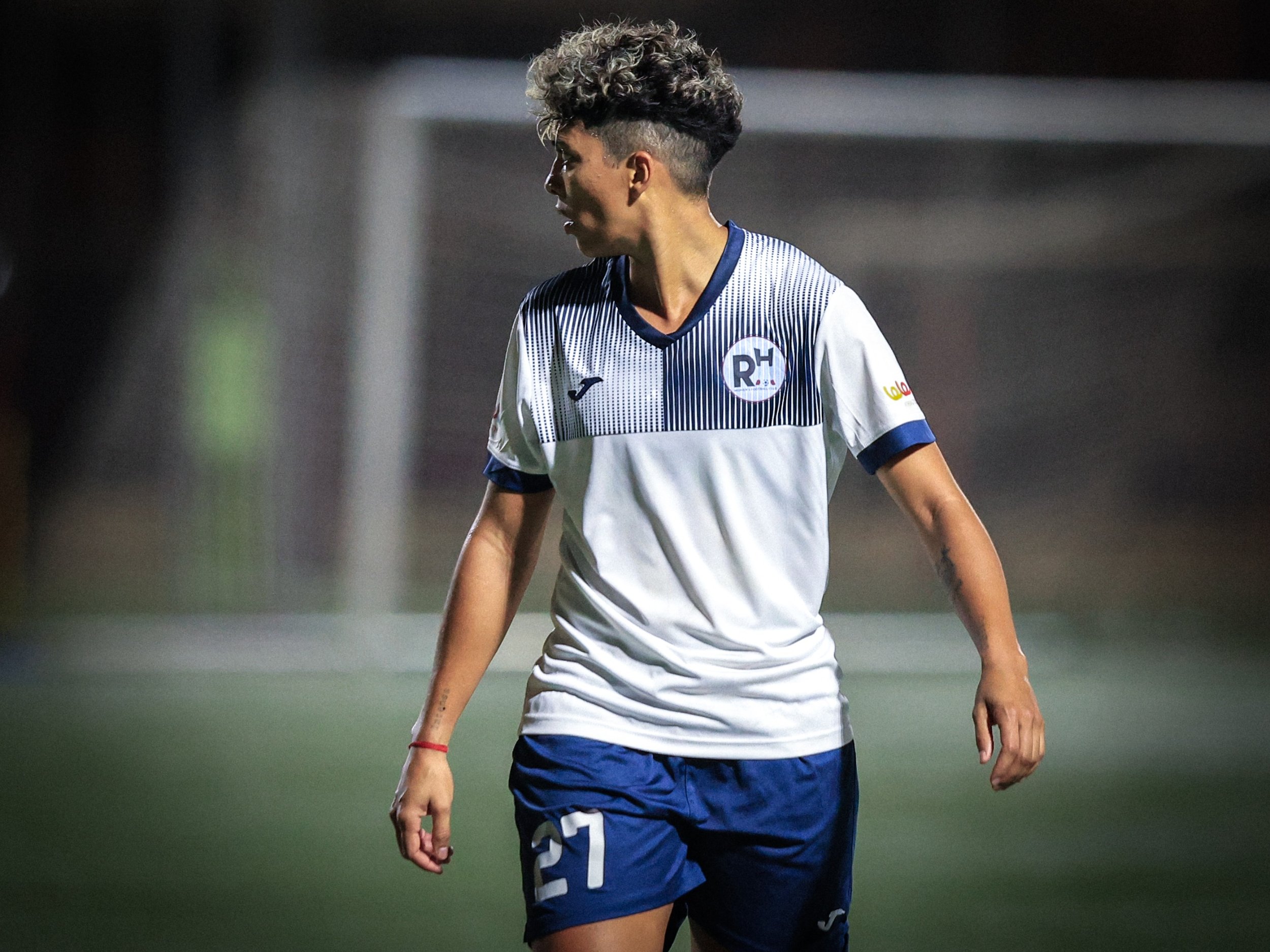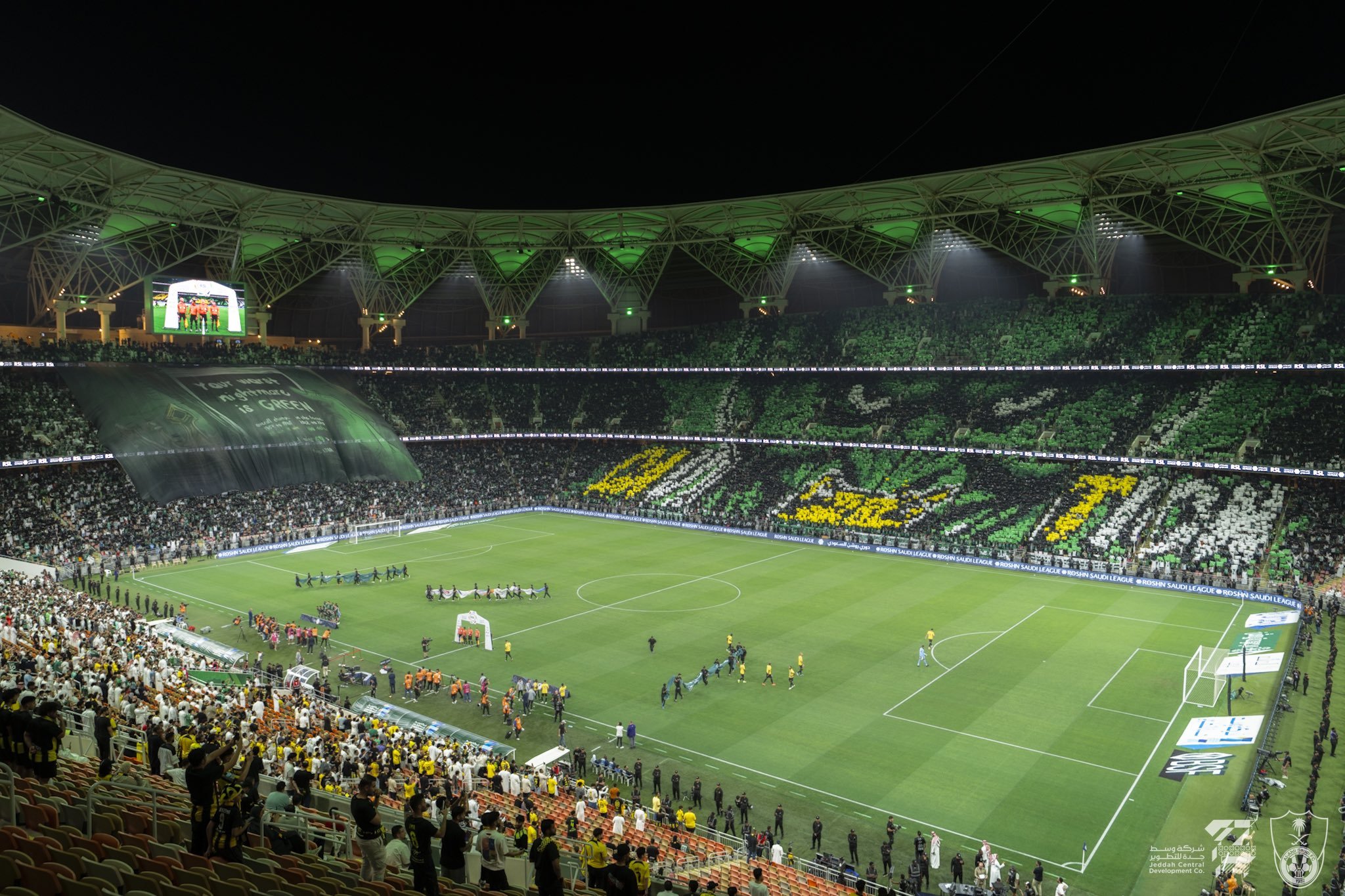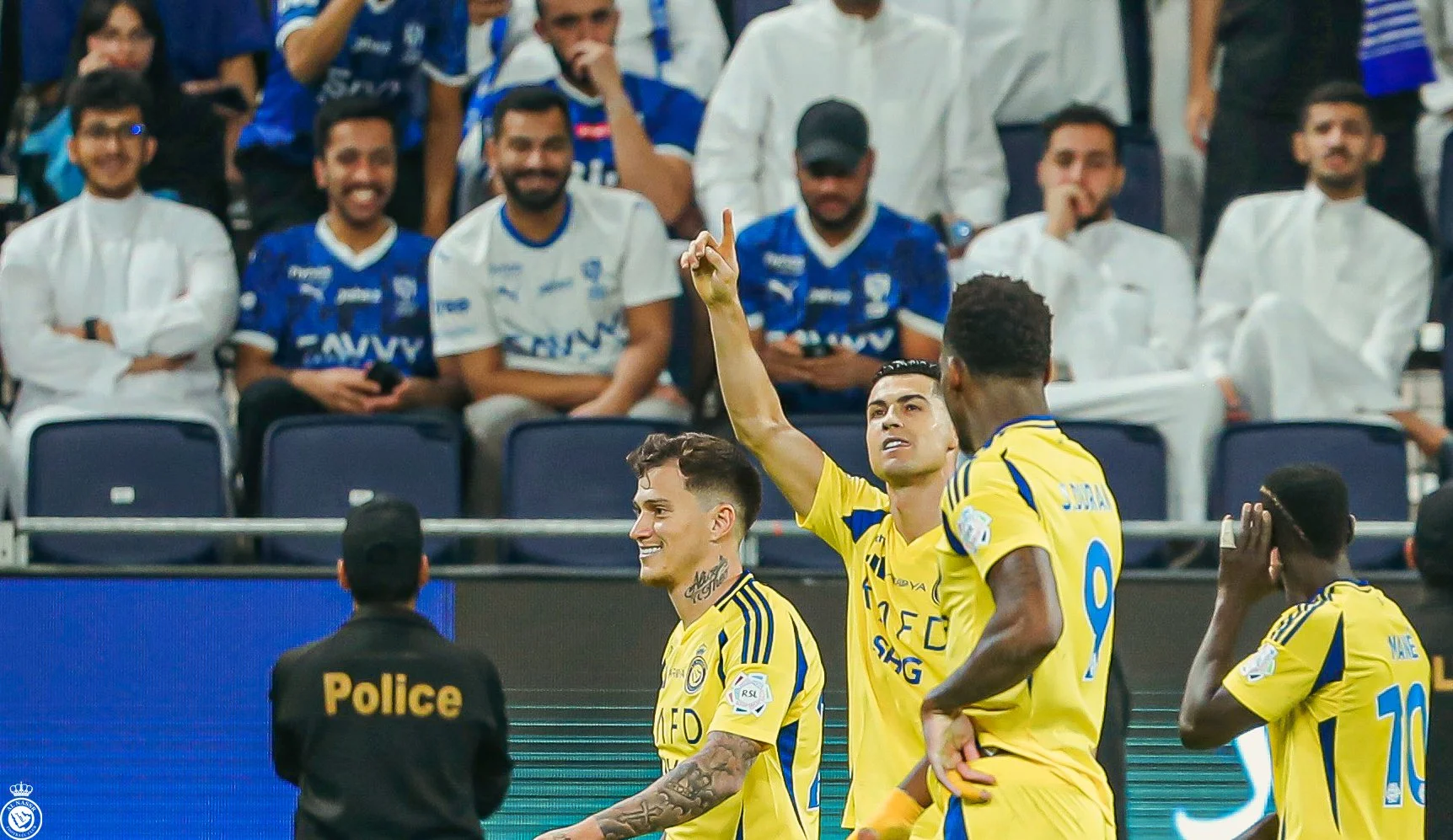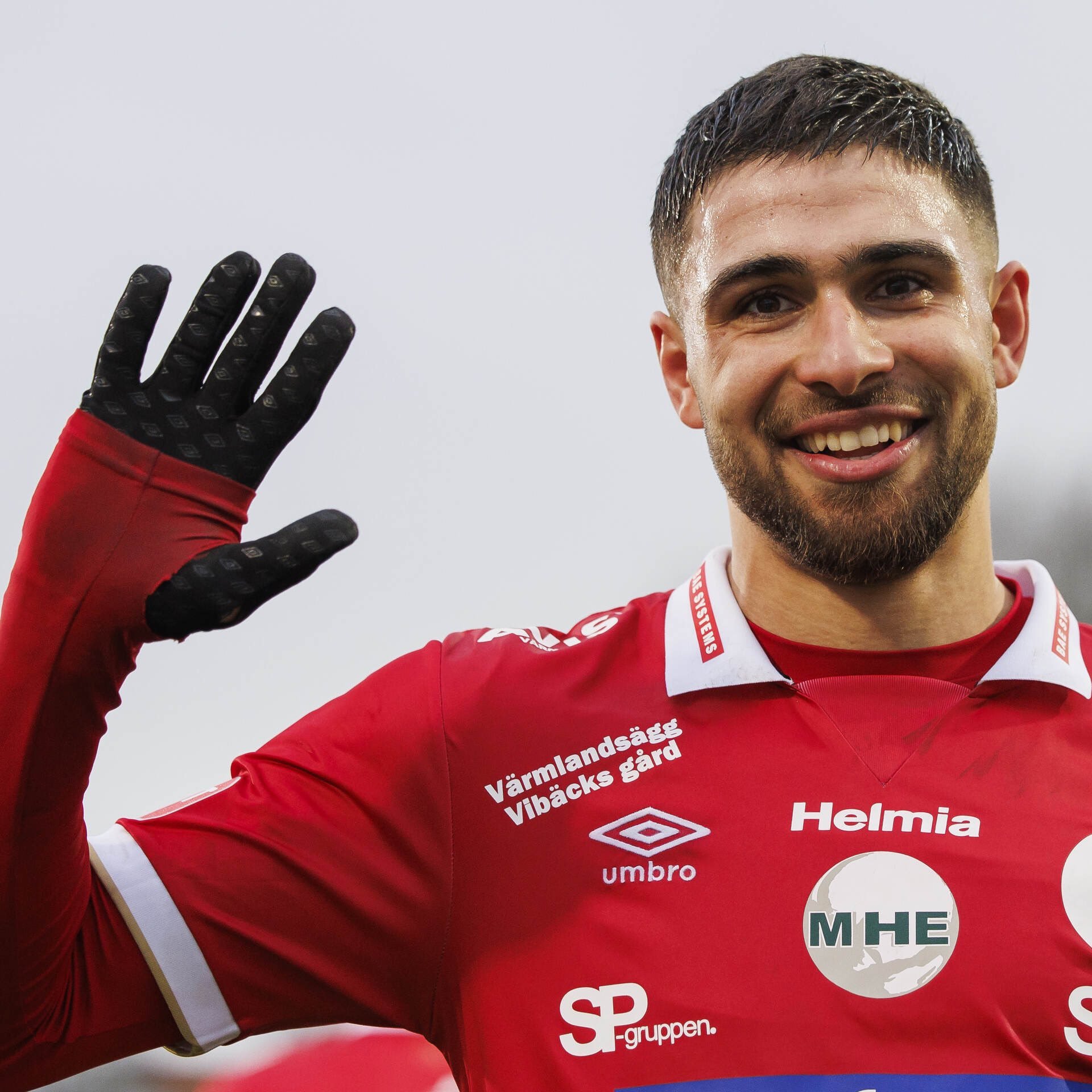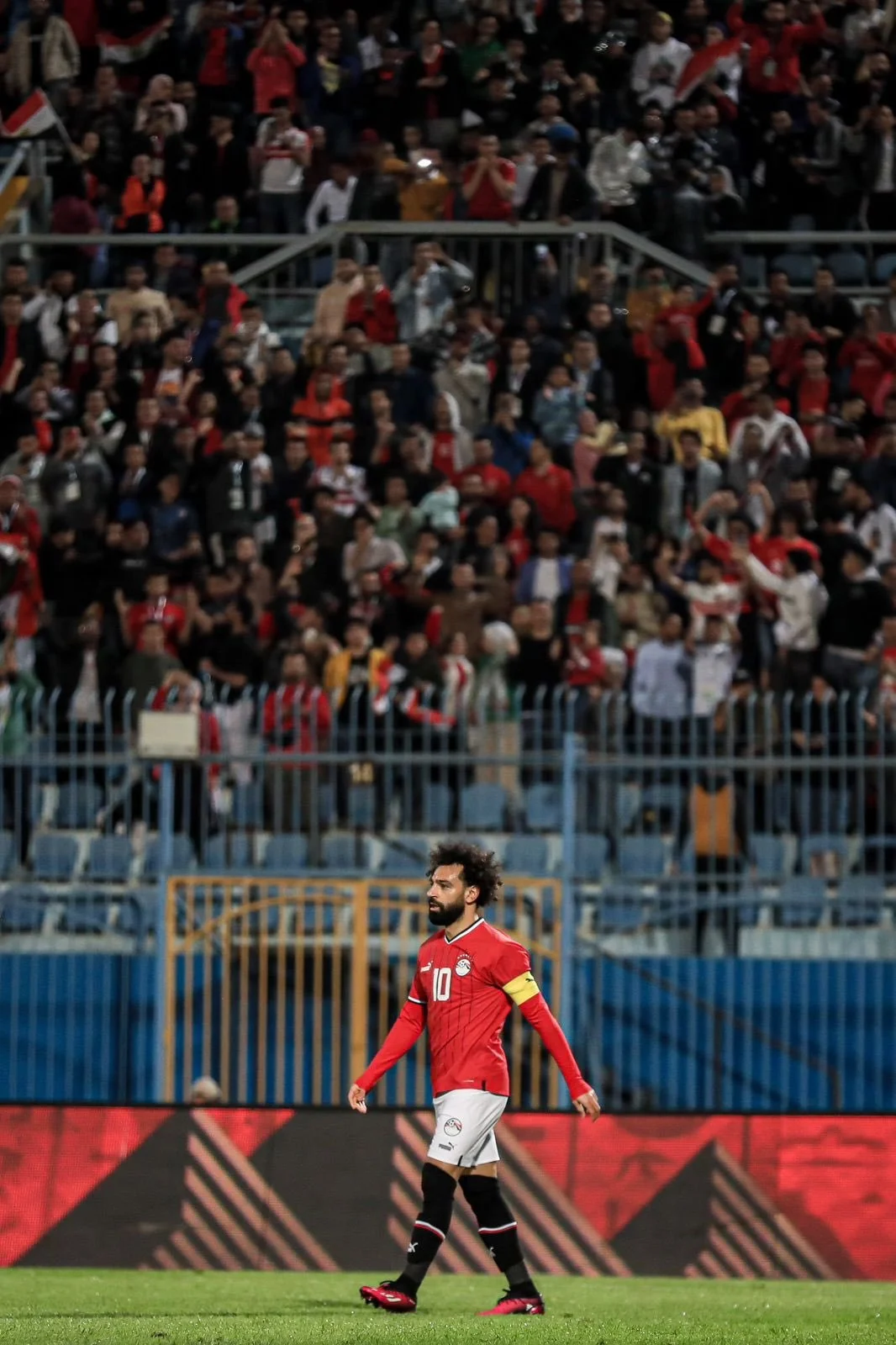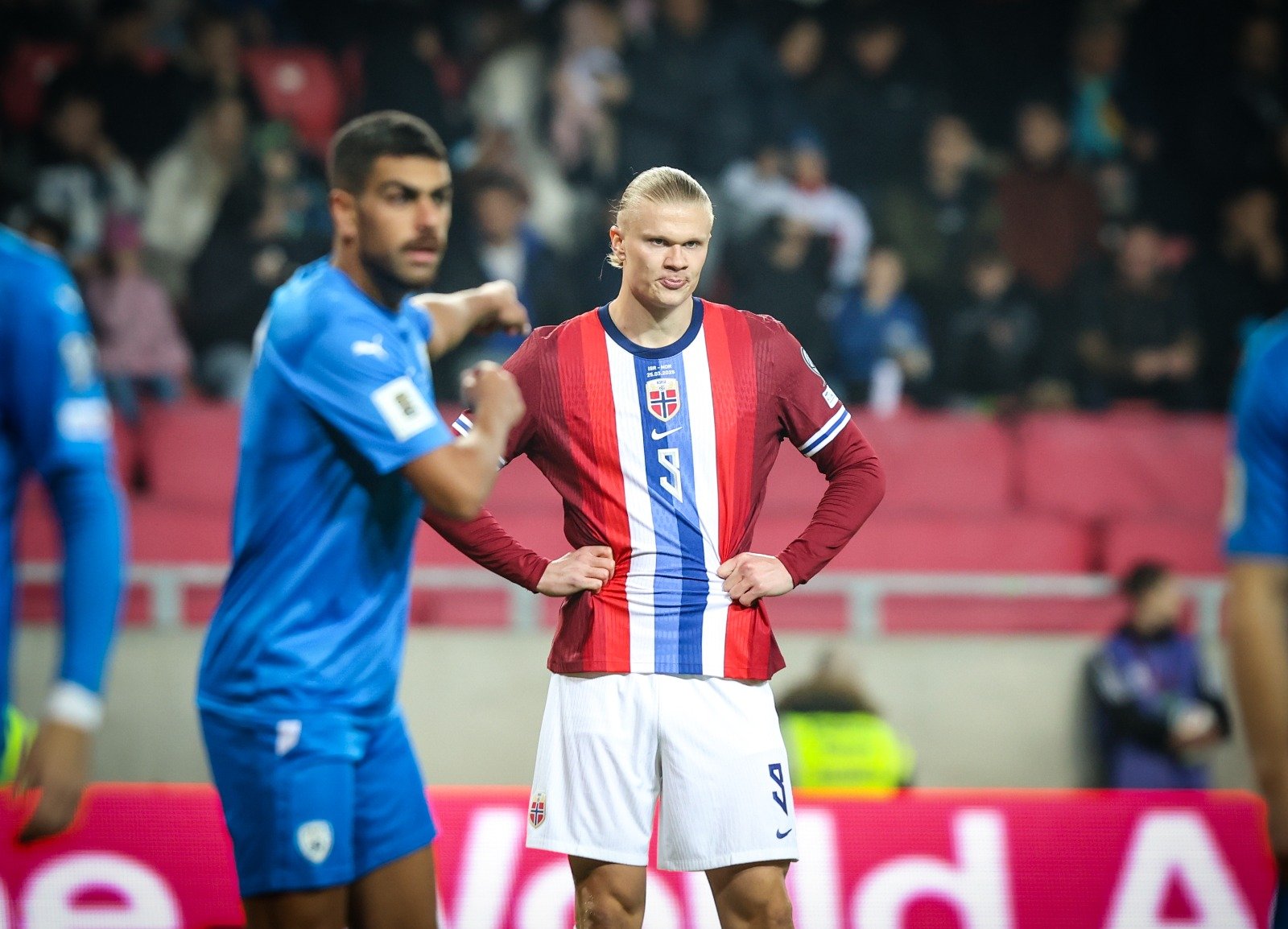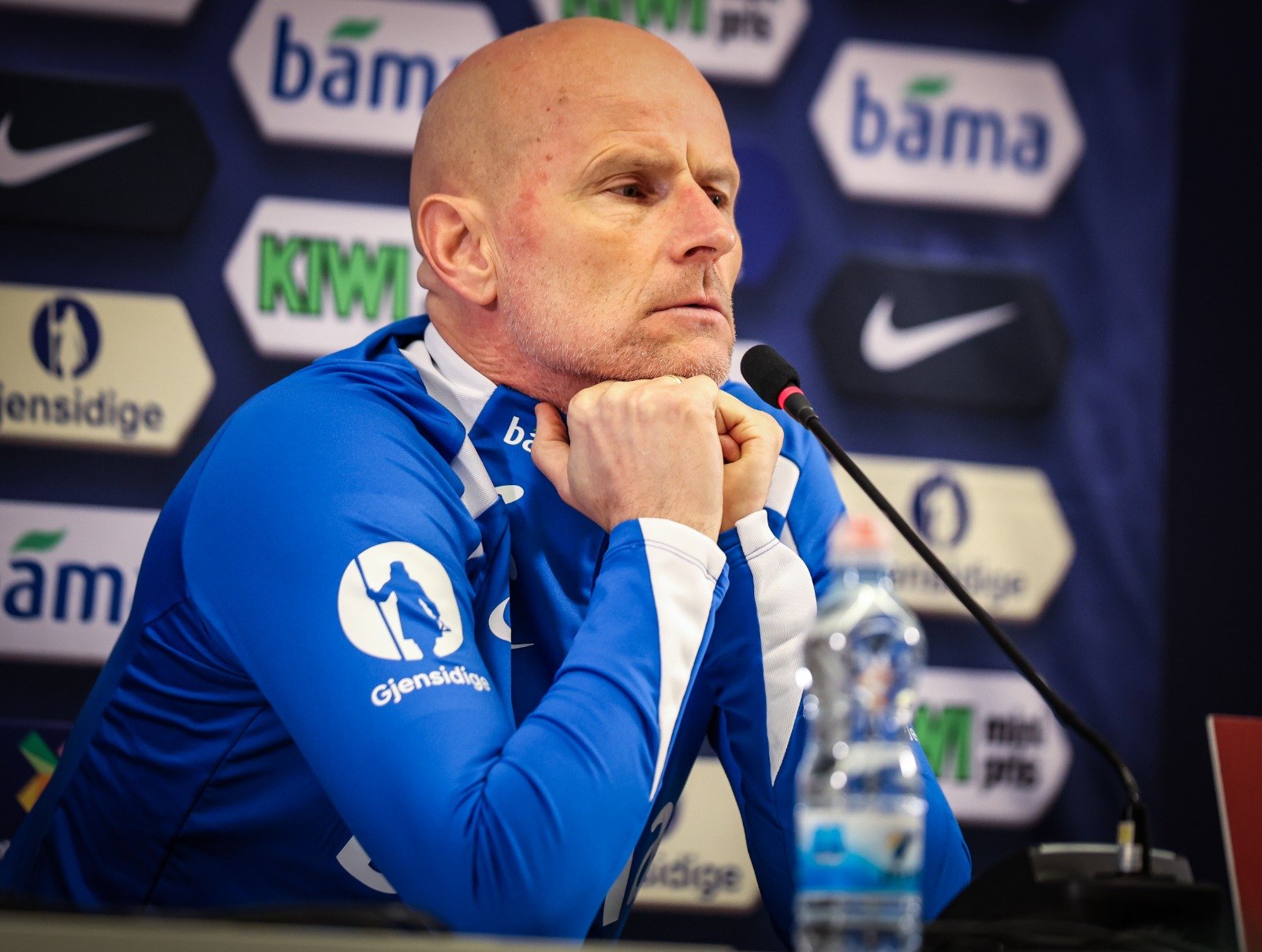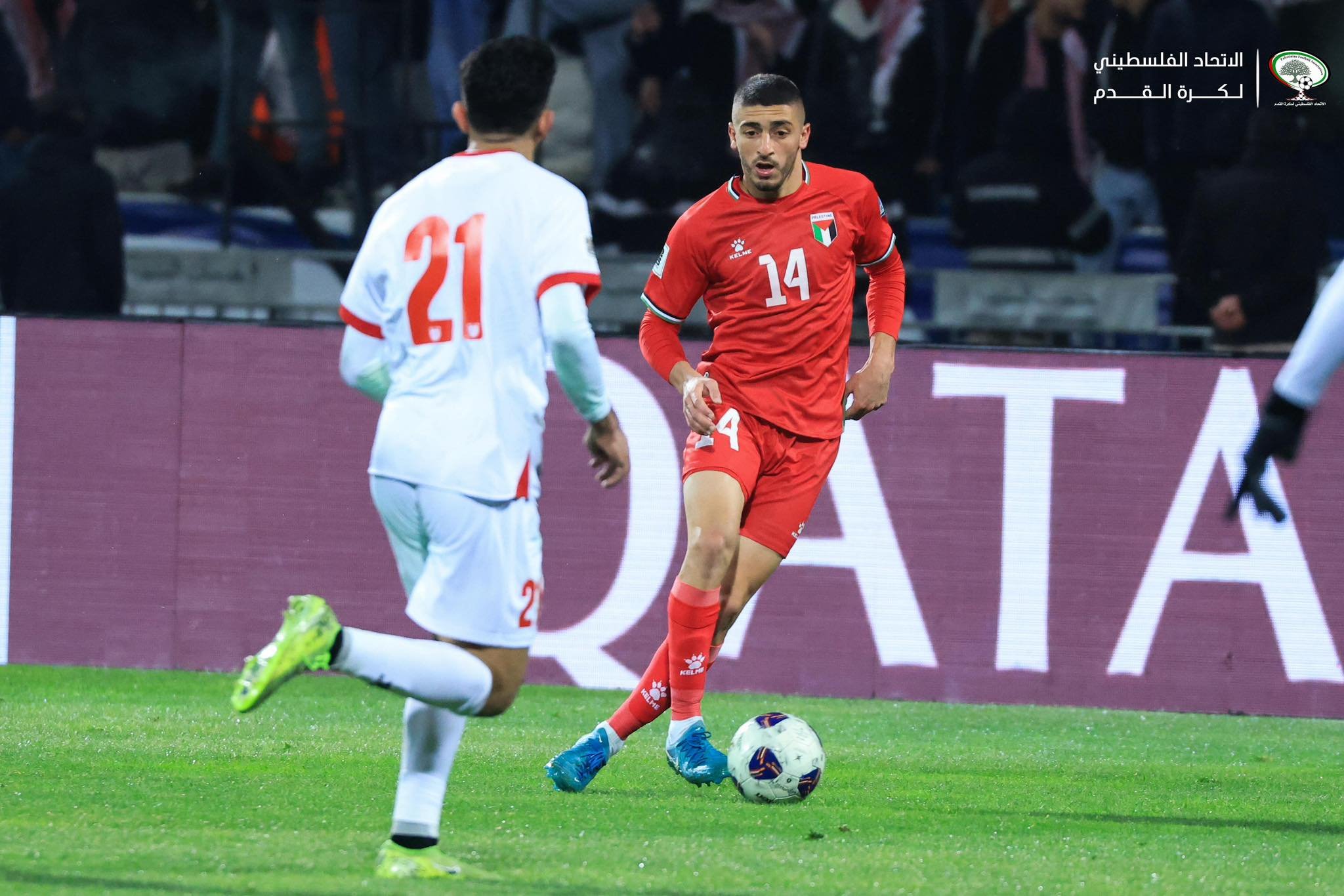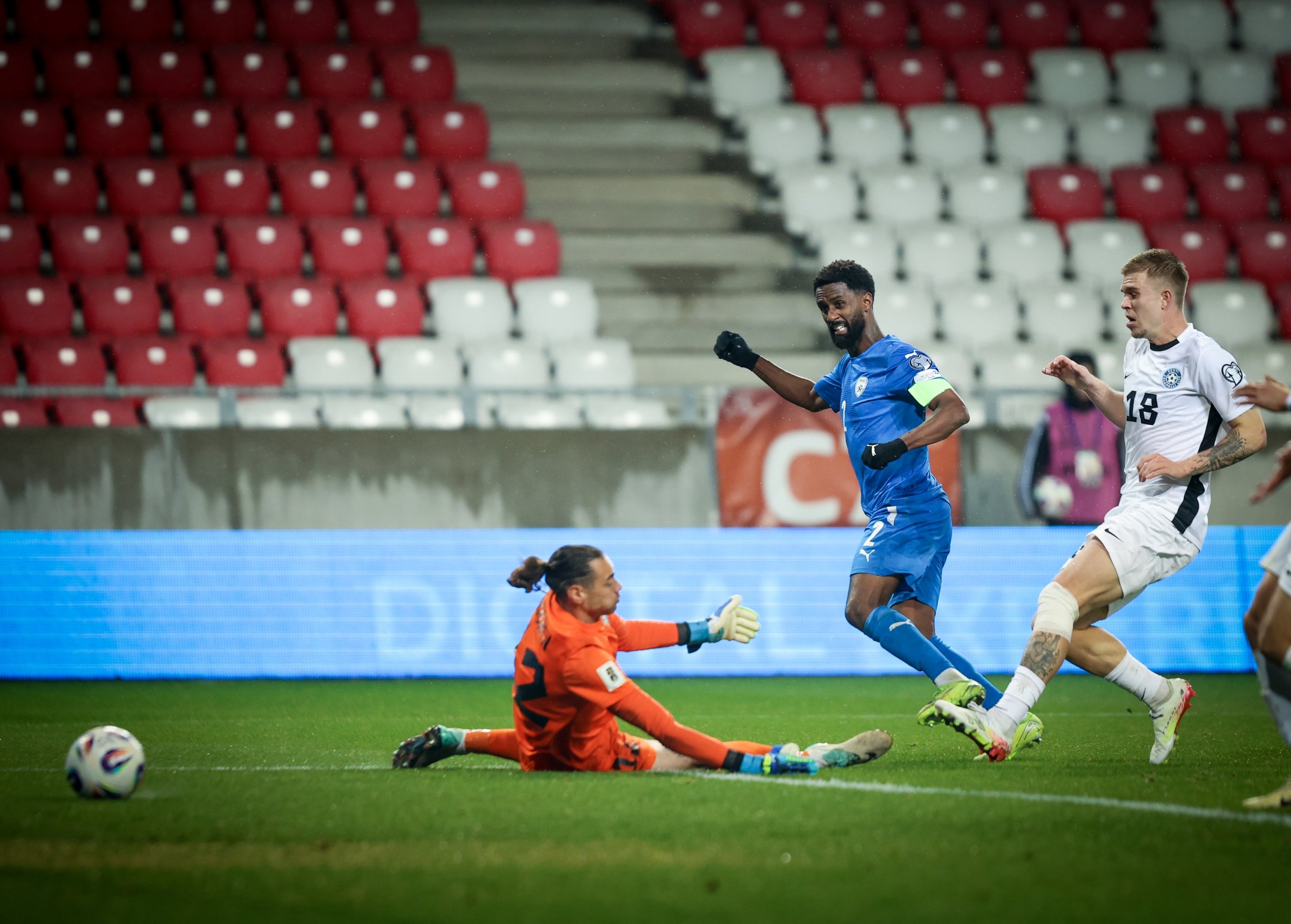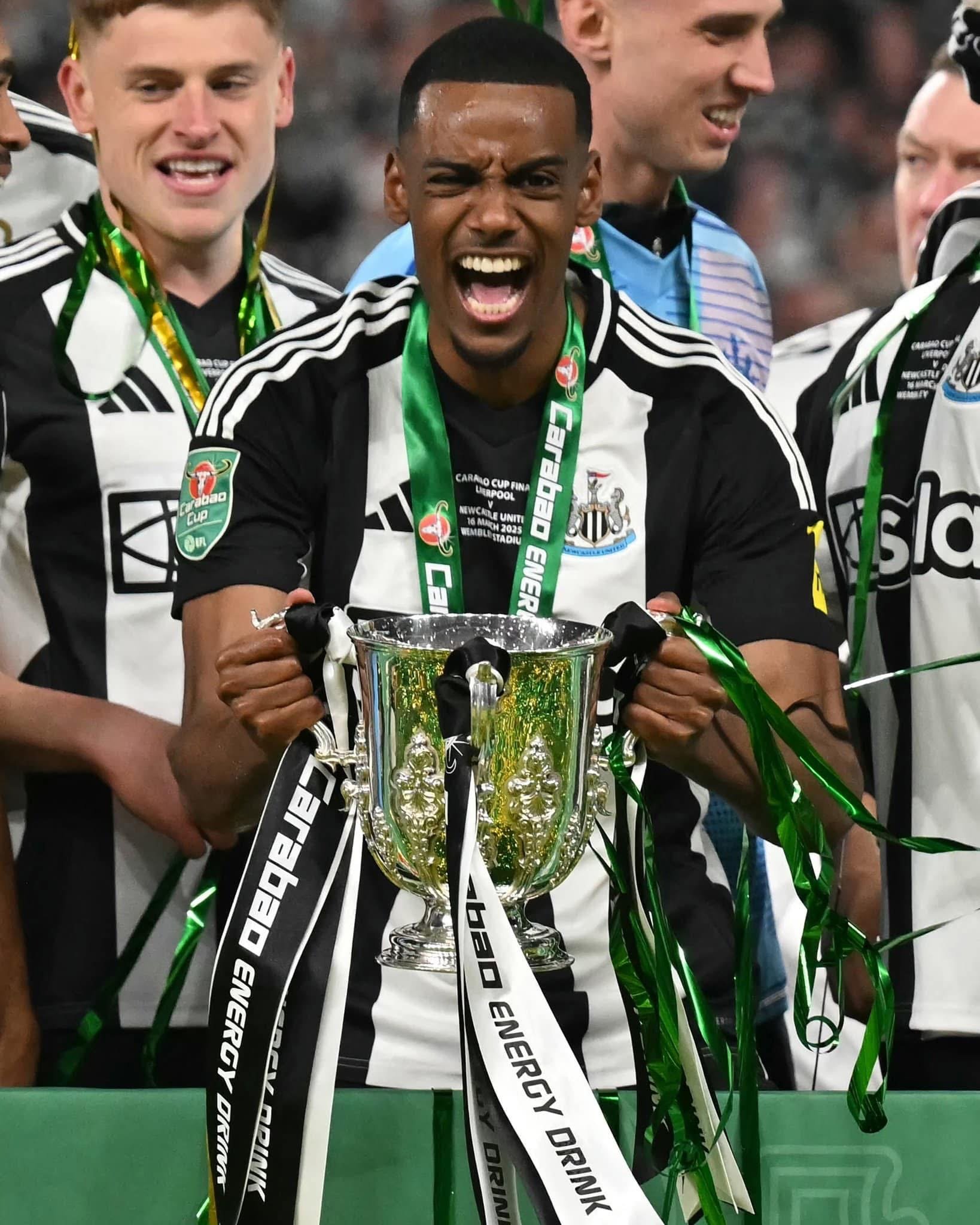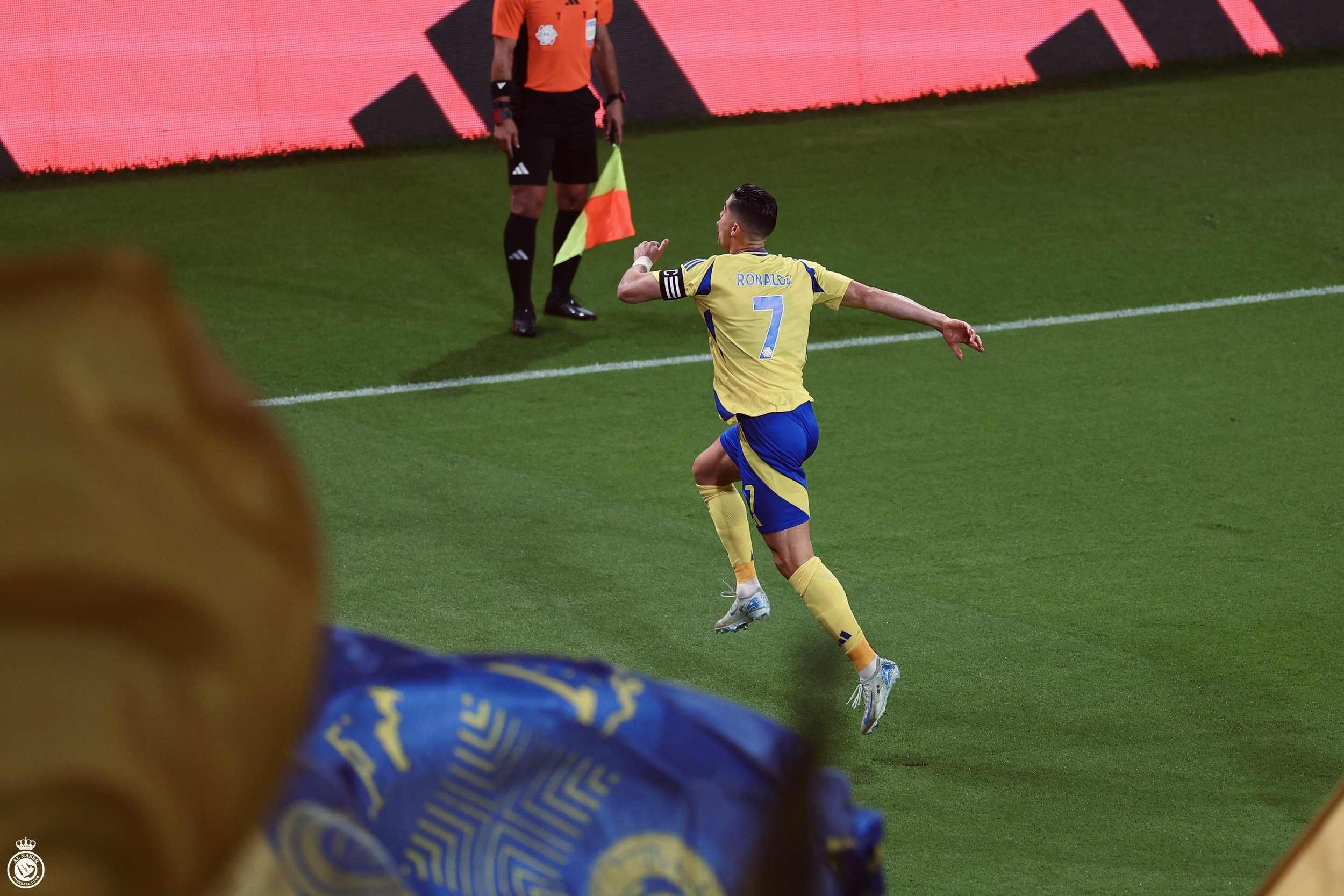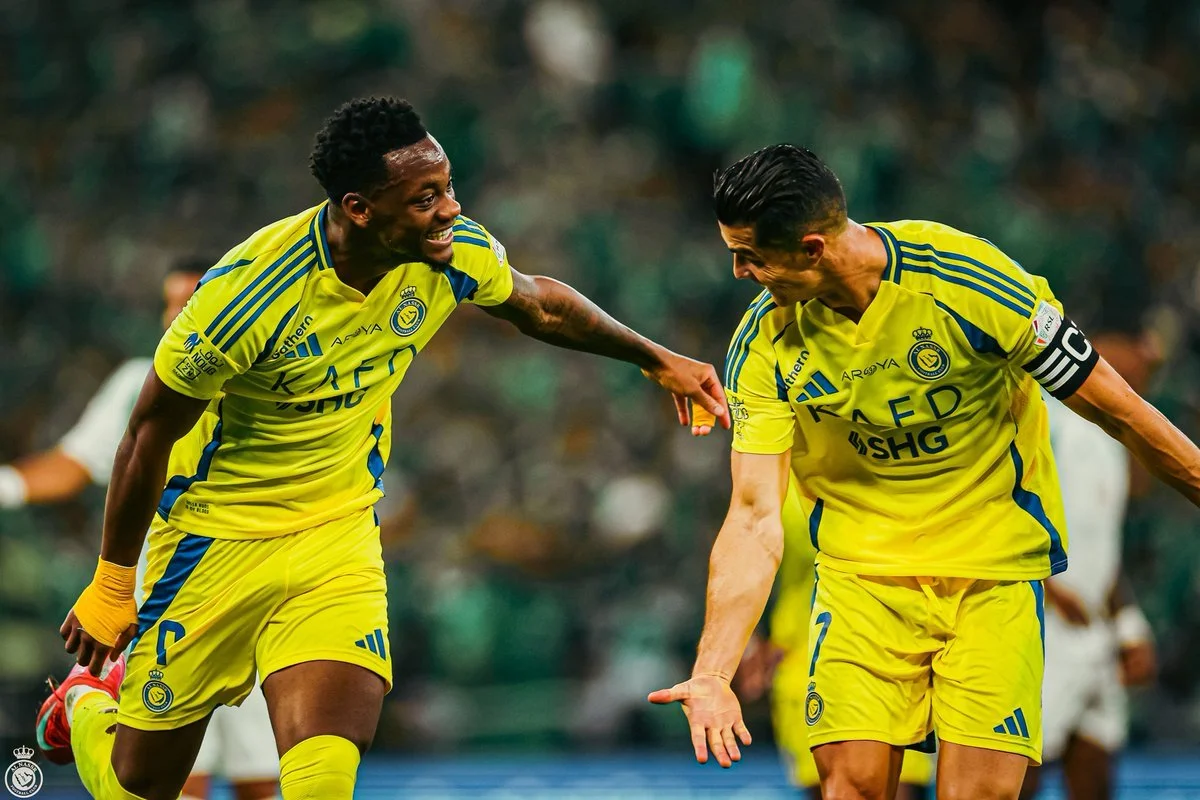Omer Atzili, Al Ain’s winger, hasn’t travelled with the team to Saudi Arabia for the AFC Champions League quarterfinal second leg.
Al Ain defeated Al-Nassr and Cristiano Ronaldo 0-1 in the first leg in what was a magnificent game. Al Ain's Moroccan star, Soufiane Rahimi, scored the only goal. However, alongside those who played and gave Al Ain, one of the region's top clubs, a very nice advantage for the return leg, some did not play.
Omer Atzili, the top scorer of the Israeli Premier League in the last two years, remained out of Al Ain's squad again, missing an opportunity to shine against the Portuguese legend and his Al Nassr teammates.
Omer Atzili. The first Israeli-jewish player in an Arab league, is struggling to clinch a first team spot in Asia (Photo courtesy: Al Ain official website)
Atzili will soon complete nine months in the Emirates. The story behind the signing of the first Jewish Israeli in an Arab league is well known. Last season, while Al Ain's representatives were following Dia Saba's performances, they encountered Atzili and were impressed. From there, the path to a high contract and an upgrade to three years, registration in the Romanian Football Association, and Israeli-Arab cooperation on the field was relatively short.
Atzili started the season well, but despite excellent numbers (six goals and five assists in 19 games in all competitions) and an excellent record for the team when he is on the field (Al Ain had lost only once this season when he started), Atzili has not yet secured a permanent place in the starting eleven. It began with Dutch coach Alfred Schreuder, who was later fired, and now continues with his replacement, the Argentine Hernán Crespo.
Atzili is currently in a tricky situation. In the local league, five foreigners are allowed to be registered for a match, and an unlimited number of under-23 foreigners, while in the Champions League, only five foreigners and one additional player from an Asian confederation are allowed. This creates tough competition for the spot, and there's always someone left out.
After playing against Kylian Mbappé and Lionel Messi last season, Atzili will wait to see if he's part of the squad travelling to Saudi Arabia next week to take part in Al Ain's biggest game in years.
But beyond football, what do we know about life in the United Arab Emirates as the first Jewish Israeli in an Arab league in decades? What does his daily life look like? How does the family cope in an Arab country? And in such a time?
Al Ain is a quiet city in the Abu Dhabi Emirate. Apart from a few national heritage sites and an impressive desert oasis outside the city, it's calm. Atzili and his family live an hour away - in Dubai. Since the Abraham Accords, there has been an Israeli and Jewish community of hundreds of families in Dubai, with a social life, plenty of kosher food, synagogues, and everything needed to provide an embracing Israeli-Jewish atmosphere.
The player has an apartment in Al Ain and drives when necessary, but life in cosmopolitan Dubai is a different experience for the family. The children attend American schools, study in English, are exposed to Arabic as a second language, and spend afternoons at home with friends from the community speaking in Hebrew—the Emirati dream.
Yet, in the first two weeks after the October 7 Hamas attacks, the player and his family went through a stressful period. Luckily for them, things work differently in the UAE.
Politics aren’t openly discussed on the streets, personal security is very high, and the respect for the country's President, Mohamed bin Zayed (Al Ain’s owner), and his path is immense. Atzili himself testifies that the club and teammates gave the family a good and safe feeling, and together with the embrace from the Jewish community, life returned to its course in peace.
With 14 championships, seven cups, and one Champions League title, the main attraction in Al Ain is the team. The club has the highest-level facilities and professionals who have worked in European clubs. There's daily training, a team of analysts, nutritionists, everything.
In the ADNOC Pro League, the average attendance is low (about 1,600 per game), but there is a large crowd in big games. Although not a regular starter, Atzili is one of the esteemed players among the locals. "Omer is a magician. We want him on the field in every game," says a team fan, Mohammed Hamed. "With him, we don't lose. He's a game-changer.”
Mohammed is correct. In 13 games where Atzili started, Al Ain won 12, scored 40, conceded 12, and earned 36 points. Yet, the no. Seven struggles to secure a spot in the starting lineup and get into the zone. "We had similar situations in the past with Jorge Valdivia and Michel Bastos, two massive players," a club official told Israel Hayom and BabaGol. "His numbers are excellent. The club will do everything to get Omer back to the excitement of the beginning of the season, and it will happen.”
Before the start of the Champions League, giant billboards with Atzili's image were put up on the streets of Al Ain. It was a spectacular sight and somewhat strange. An Israeli player shining on the streets of an Arab country? It's not the weirdest thing that happened to the Israeli, who is starting to reveal himself to Asia this season. On his trip to Turkmenistan for his debut on the continent, he found himself in a country that needed internet outside the hotel and streets empty of people. In front of an army of fans (many of them literally soldiers), he scored his first goal, and only one so far, in the tournament. Thus, he became the first Israeli to score in the Asian Champions League since 1971 and the first in the UEFA and AFC Champions League.
But football-wise, alongside the numbers, the historical milestones, and the comfortable life, it still needs to be more accurate for Atzili in Al Ain. After being left out of the squad for the second leg in Riyadh, it is hard to see Atzili playing again in the AFC Champions League this season. After all, an Israeli player playing on Saudi soil on the first evening of Ramadan, especially in a tense era like now, is a little too much.
It could have been nice. An Israeli-Jewish player, the biggest Emirati club and the current face of the Saudi 2030 vision in sports—Al Nassr and Cristiano Ronaldo. With how things work in the Gulf, it is still an unlikely view, as everyone try very hard not to open the door to politics.


